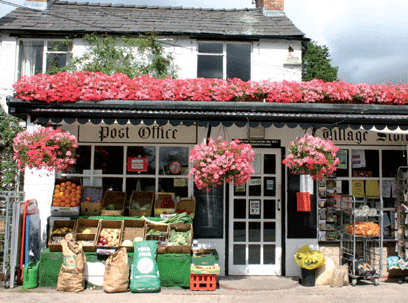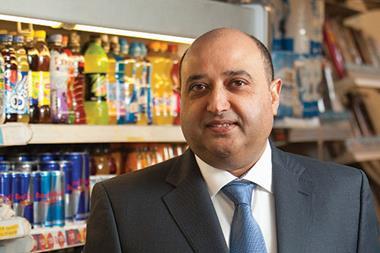Government plans to stop businesses appealing incorrect business rates calculations could cost small firms up to £700m in unfair taxes, according to new research.
A number of trade bodies have condemned the ‘reasonable professional judgement’ proposal, which means ratepayers wouldn’t be able to argue against a rates bill if its margin of error was inside 15%.
Research by Daniel Watney LLP and Blackstock Consulting, using official VOA data, estimates it could cost small firms in England up to £700m over the next five-year rating period.
The proposal is included within draft regulations for the new business rates appeal regime known as ‘Check, Challenge, Appeal’, which has been widely condemned by every major business lobby group.
Using official Valuation Office Agency data, the research found that qualifying small businesses whose properties had a rateable value (RV) between £12,000 and £15,000 could overpay by up to £137m a year if this new rule is applied. Over the full five-year ratings cycle, this would work out at more than £689m.
Of those overpaying the £689m, there are many whose assessments would fall below £12,000RV and be totally exempt from rates if their assessment was reduced by up to 15%, but under the proposed ‘reasonable professional judgement’ clause could be denied these reductions.
The consortium of business leaders has warned that the new changes could allow the VOA to overvalue properties with impunity, since companies would have no recourse whatsoever.
Debbie Warwick, head of rating from Daniel Watney LLP, a property consultancy, said: “For most businesses, rates are the third largest expenditure and for any ratepayer an overpayment of 15% will impact profitability.
“Rating professionals fully understand the need to reduce the number of spurious appeals, especially at a time when the Valuation Office Agency is dealing with year after year of budget cuts. This can be remedied by helping ratepayers better understand the basis of their assessment from the outset and demonstrating that their assessment is fair in relation to others.”
Association of Convenience Stores chief executive James Lowman said: “We do not believe that the current appeals proposals are fair when considering the outcome of appeals, and are concerned that retailers who are successful in their appeals could still end up substantially overpaying on their business rates.”
The consortium of business lobby groups against the plans also include:
- Daniel Watney LLP (ratings experts)
- Gerald Eve (ratings experts)
- British Property Federation
- British Hospitality Association
- British Retail Consortium
- British Beer and Pub Association
- Revo (formerly the BCSC)
- Business Centre Association
- Federation of Small Businesses
- Association of Licensed Multiple Retailers






















No comments yet